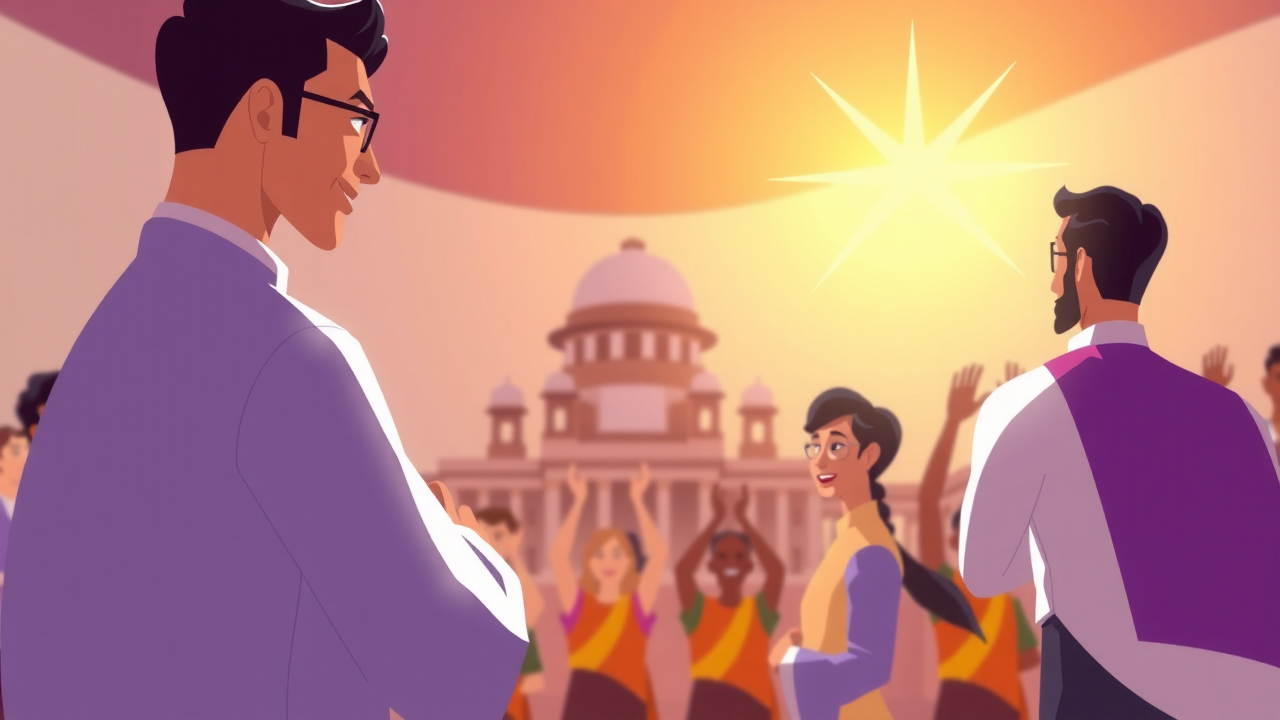The Supreme Court of India ruled that enrolment fees for advocates cannot exceed Rs.750 for general category and Rs.125 for SC/ST. The Court held that additional charges under various heads must be considered part of the enrolment fee and are not permissible beyond the statutory limits set by Sectio

On July 30, 2024, the Supreme Court of India delivered a pivotal judgment on the issue of enrolment fees charged by State Bar Councils (SBCs) and the Bar Council of India (BCI). The bench, comprising Chief Justice of India DY Chandrachud, Justice JB Pardiwala, and Justice Manoj Misra, set clear limits on the amount that can be charged as enrolment fees. The ruling is expected to have a significant impact on the legal profession, particularly for aspiring advocates from marginalized communities.
Uniform Enrolment Fee Structure:
- General category: Rs. 600 for SBCs, Rs. 150 for BCI
- SC/ST category: Rs. 100 for SBCs, Rs. 25 for BCI
- Must adhere to the amounts stipulated under Section 24(1)(f) of the Advocates Act, 1961
Prohibition of Additional Charges:
- All charges, including “miscellaneous fee,” “stamp duty,” or other heads, are part of the enrolment fee
- Fees for verification, building funds, benevolent funds, etc., cannot exceed statutory limits
- Only charges explicitly permitted under Section 24(1)(f) can be collected at the time of enrolment
- Noted that some states had inflated enrolment fees to as much as Rs. 42,000
Prospective Effect:
- Judgment applies only to future enrolments
- SBCs and BCI not required to refund any excess enrolment fees collected in the past
- Acknowledges historical practice of higher fees but seeks to protect future candidates
Service Charges Post-Enrolment:
- SBCs and BCI can charge fees for services provided to advocates after enrolment
- Charges must comply with the provisions of the Advocates Act
- Encourages fair and equitable methods for collecting funds at later stages in an advocate’s career.
Context and Background:
- Decision arose from petitions challenging high enrolment fees by various SBCs.
- Lead petition: Gaurav Kumar vs Union of India.
- Argued fees violated Section 24(1) of the Advocates Act, 1961.
- Petitioners contended BCI’s duty to prevent oppressive enrolment fees.
- Builds on 2023 ruling by a five-judge Constitution Bench on the All-India Bar Examination.
- Emphasized need for BCI to ensure enrolment fees are not “oppressive”.
- Highlighted importance of a uniform and reasonable fee structure across states.
Implications and Future Directions:
- Aims to standardize the enrolment process for advocates across India.
- Eliminates undue financial barriers for aspiring advocates.
- Significant for individuals from marginalized communities facing high entry costs.
- Calls on SBCs and BCI to explore alternative methods for raising funds.
- Service charges must be fair and directly related to services rendered.
- Ensures new entrants are not unduly burdened with high initial fees.
Gaurav Kumar v. Union of India W.P.(C) No. 352/2023 and connected cases.





